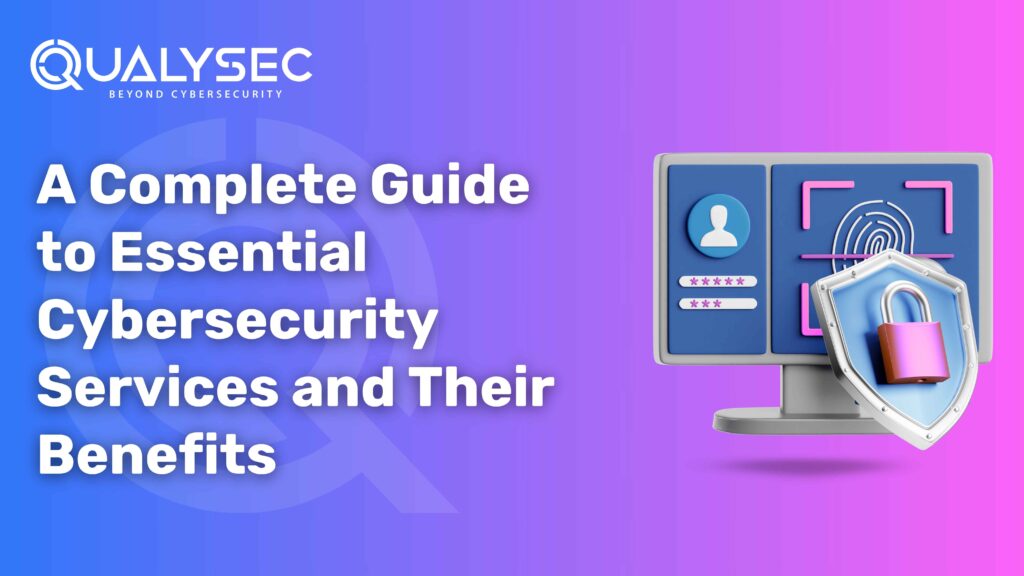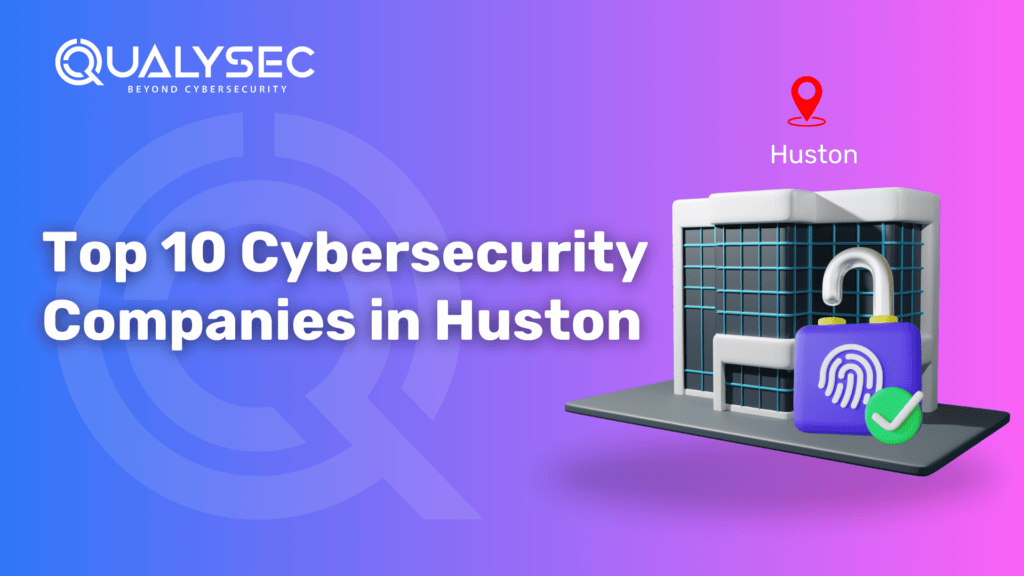A Complete Guide to Essential Cybersecurity Services and Their Benefits
Introduction Today, keeping your digital information safe is more important than ever. As businesses use more technology to grow and serve customers, the risk of online threats also increases. Hackers are constantly finding new ways to break into systems, steal data, and cause damage, no matter the size of the company. That’s why having the right cybersecurity services in place is a must. Whether you’re protecting customer information, payment systems, or company data, strong security helps you stay safe and keep your business running smoothly. In this guide, we’ll walk you through the essential cybersecurity consulting services your business needs and the real benefits they offer, so you can stay ahead of threats and protect what matters most. What is cybersecurity? To understand it more accurately, it is about making the technology world a more secure place, no matter whether it is to safeguard the confidential information that is stored on phones or computer systems or any federal government database. Cybersecurity is the primary focus of protecting the internet of things, commonly we call it as IoT! It is the measure practice of securing data and systems from digital vulnerabilities, data theft and illegal activity of access within a infrastructure. Why is cybersecurity important? Cybersecurity is important because it: Without proper cybersecurity compliance, businesses risk losing not only data but also money, credibility, and customer trust. What are cybersecurity services? Cybersecurity services are a set of approaches and technologies aimed to secure a company’s systems, devices, and information from unwarranted access, digital attacks, and other types of hacking attempts. The fundamental purpose is to guarantee the safety, integrity, and accessibility of data, thereby protecting enterprises against a variety of cyber crimes. These services are critical for developing a robust safety record in a world that is becoming more digital. Latest Penetration Testing Report Download What are the types of cybersecurity services? Cybersecurity penetration testing helps protect your business from online threats. Each type of service focuses on a different part of your digital setup. Below is the simple breakdown: 1. Risk Assessment This is the first step. Experts check your systems to find weak spots that hackers could use. Once these risks are found, they help you fix them before they cause problems. Why it matters: Helps you stay prepared Focuses your time and budget on the most important fixes 2. Threat Detection & Response This service keeps watch over your systems 24/7. If something strange happens—like an unknown user trying to break in—it alerts the team and takes action to stop it. Why it matters: Catches attacks early Reduces damage or downtime 3. Network Security This protects your internet and internal connections. It makes sure only the right people can access your systems and that your data stays safe when sent between computers. Why it matters: Blocks hackers from getting into your systems Keeps customer and business data private 4. Device Security This covers laptops, phones, and other devices your team uses. Since these are common targets for cyber attacks, they need strong protection too. Why it matters: Keeps your team’s devices safe Prevents viruses and data theft 5. Cloud Security Many businesses now store data online using services like Google Cloud or AWS. Cloud security service protects that data and makes sure it’s safe from hackers or mistakes. Why it matters: Protects online storage and tools Keeps customer and company info safe in the cloud 6. Security Testing This is like a fire drill for your systems. Experts try to “break in” like real hackers would. This helps find weak points so you can fix them before someone else finds them. Why it matters: Finds hidden issues Helps meet security rules and requirements 7. Investigation After an Attack If a cyberattack happens, specialists step in to find out what went wrong, what was affected, and how to fix it so it doesn’t happen again. Why it matters: Helps you recover Shows you how to avoid the same issue in the future 8. Real-Time Monitoring (SIEM) This service watches all your systems, tracks what’s happening, and alerts you if anything looks risky. It helps spot trouble as soon as it starts. Why it matters: Spots threats early Helps your team react fast 9. Compliance Support Some businesses must follow laws and rules about how data is handled (like PCI-DSS, GDPR, HIPAA, etc.). Cybersecurity experts help you follow these rules to avoid legal problems. Why it matters: Keeps you out of trouble Builds trust with customers and partners 10. Cybersecurity Advice Experts help you build strong protection for your business. They guide you on what to do, what tools to use, and how to train your team to stay safe. Why it matters: Helps you make smart security choices Keeps your business prepared for future risks These services work together to protect your business from all angles, whether you’re storing customer data, selling products online, or handling payments. Why do you need a cybersecurity service? Businesses need cybersecurity services to: Stay ahead of evolving threats: Cybercriminals are constantly finding new ways to attack. Cybersecurity services help you spot and stop threats before they cause harm. Protect financial data, customer information, and internal systems: From bank details to personal data, your systems hold a lot of sensitive information. Security services keep this data safe from theft or leaks. Ensure smooth operations with minimal downtime: Cyberattacks can shut down your systems and cost time and money. Good security helps your business stay up and running without interruptions. Meet legal and regulatory compliance requirements: Many industries have rules about how data must be handled. Cybersecurity helps you stay compliant and avoid legal trouble or fines. Prevent data breaches that can result in massive losses: A single data breach can cost a company its money, reputation, and customers. Cybersecurity lowers the chances of this happening. Build trust with customers, investors, and partners: People want to know their information is safe with you. Strong security shows that you take their privacy and safety






